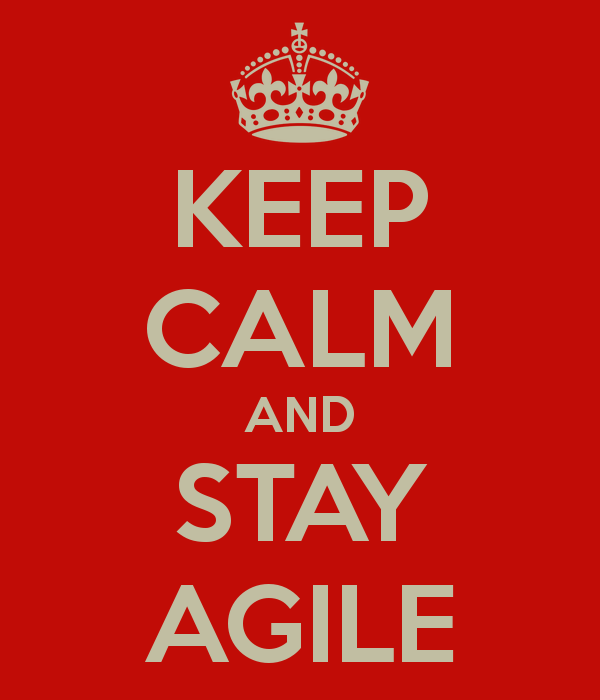Scrum Master Role
We take the short-term role of a Scrum Master to give this role mid-term to someone who will execute this role long-term in the organisation.
Tasks:
- coaching rookies while establishing and maintaining the lead in one or more delivery teams
- being responsible for adoption of necessary processes and delivery (from a methodology perspective) within the client organisation
- training staff members to take up their respective roles in delivery teams (while preventing a return to ‘Hey Joe’)
- coaching/mentoring unexperienced Scrum Masters from within the client organisation
- coaching/mentoring unexperienced Product Owners from within the client organisation
- delivering projects in heterogeneous and complex environments
- teach ‘waterfall’ organisation in agile methodology
Why we?
We are …
- the ideal candidate for this role of a hardened Scrum Master with a proven record of delivery in the areas of agile introduction and delivery
- experiences with agile project methodologies and tools
- experiences with agile software tools like Atlassian Jira & Confluence
- excellent proficiency with Microsoft Office software suite
- solid experience working in a cross-functional development team
- working with modern CRM platforms, SAP module stacks, BITBUCKET (STASH)
- experience with test preparation and execution in the aforementioned areas
- fluent in English and German
Scrum Master Training
(with official scrum.org material and/or with material that has been rewritten in house by a learning tree SME)
Course objectives:
On completion of the course an attendee will be able to:
- Appreciate the skills required of a Scrum Master
- Facilitate dialogue between the Product Owner, Development team members, customers, stakeholders and executives
- Respond confidently when encountering
- Resistance to change
- Lack of engagement
- Low motivation
- Unavailability of key people
- Help your organization adopt Scrum and support executives committed to Agile values
- Remove impediments that prevent long-term, deep adoption of Scrum
- Explain the value of Scrum and Agile to sceptics
- Increase developer engagement to encourage greater accountability, commitment and buy-in
- Extend the impact of Scrum throughout the organization
- Scale Scrum and Agile beyond a single team
- Leverage your learning to gain recognition and status as the local Agile expert in your organization
In short, you will improve your implementation of Scrum in the workplace and keep your team on the right track
Initial Course Backlog
Day 1
- Defining the Role of Scrum Master
- Scrum Master as facilitator
- Coaching the Development Team
Day 2
- Coaching the Product Owner
- Scrum Master as Change Agent
- Scaling Scrum


